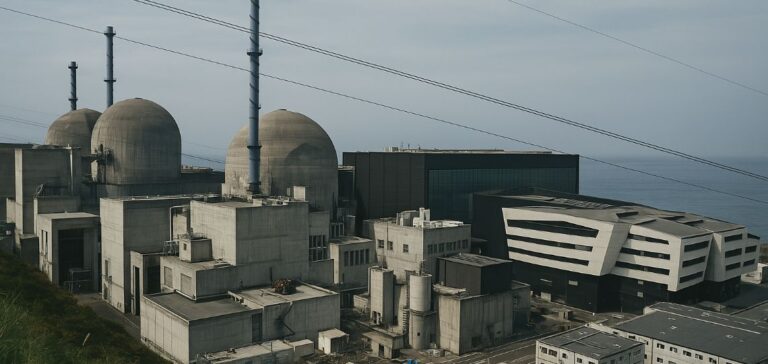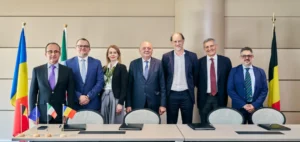The Flamanville EPR nuclear reactor, operated by Électricité de France (EDF), will not resume operations before 11 April, more than a month after the initially scheduled date. This postponement, confirmed by a message published on 31 March on the energy company’s website, follows a series of technical interventions on equipment located within the nuclear section of the facility.
According to information provided to Agence France-Presse by EDF, the shutdown since 15 February is due to the need to verify the quality of the primary circuit water, alongside a newly scheduled maintenance operation following the last announced restart date of 8 April. These works are not related to previously observed issues with the turbo-generator, which underwent early adjustments as a precaution.
Technical challenges with the turbo-generator
The business daily La Tribune reported that persistent malfunctions of the turbo-generator could hinder the reactor’s full power output. According to the publication, the required repair involves installing scaffolding within a hard-to-access section of the reactor. EDF, however, maintains that full operational capacity should be reached by summer as outlined in the initial timeline.
The turbine, a central component in nuclear power generation, converts thermal energy from steam generators into mechanical energy to drive the alternator. EDF stated that the impact of recent adjustments will only be measurable once the reactor is reconnected to the grid.
Gradual commissioning maintained despite interruptions
Since its initial connection to the grid on 21 December 2024, the Flamanville 3 reactor — the twelfth European Pressurised Reactor (EPR) to enter global operation — has already experienced two scheduled shutdowns. These are part of a progressive ramp-up strategy communicated at the time of its commissioning. EDF had announced that up to ten maintenance shutdowns could occur during the start-up phase, alongside the verification of over 1,500 safety criteria.
In a statement dated 4 April, EDF reiterated its annual production forecast for the entire French nuclear fleet, maintaining the target range of 350 to 370 terawatt hours (TWh) for 2025. This projection includes expected output from Flamanville 3, despite the technical setbacks encountered since its launch.





















